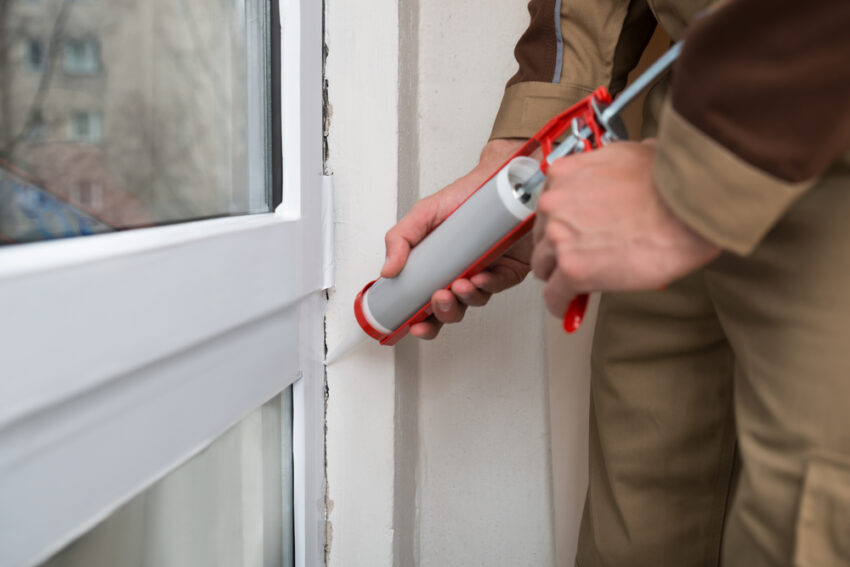With winter fast approaching, pensioners are urgently seeking ways to minimise energy costs amidst impending reductions in winter fuel allowances. Retailers have reported a significant increase in the sale of energy-efficient products, highlighting growing concerns about rising energy bills and reduced government support.
New data shows substantial upticks in the sales of insulation and other heat-saving products. Amid upcoming cuts to winter fuel payments, pensioners are taking proactive measures to ensure their homes remain warm without incurring overwhelming costs.
Recent data from major retailers B&Q and Wickes indicate an almost 20% rise in insulation product sales over the past four weeks compared to the same period last year. Quick-fix solutions like energy-efficient lighting are also seeing increased demand as households race to improve their energy efficiency before the cuts take effect.
This situation has caused considerable anxiety among pensioners, prompting many to seek alternative measures to maintain warmth in their homes. According to Richard Lim of Retail Economics, pensioners are logically seeking ways to reduce their energy bills in anticipation of the cut.
Labour’s previous forecasts from 2017 warned that scrapping the winter fuel payment could result in thousands of deaths among pensioners. This underscores the critical nature of the payment for the wellbeing of older citizens.
The charity’s guidance aims to empower pensioners to take control of their home heating, despite the challenging circumstances imposed by both the energy price hike and the cutbacks in fuel allowances.
These measures are aimed at providing a safety net for the most vulnerable pensioners during a time of financial insecurity and heightened anxiety.
Households across the UK are not only responding to immediate financial pressures but are also adapting to long-term environmental challenges. This shift towards energy efficiency can be seen as part of a broader movement towards sustainable living.
The rush to purchase heat-saving products underscores the urgency felt by pensioners as they brace for higher energy bills and reduced winter fuel allowances. Proactive measures taken now will be crucial in helping them weather the cold months ahead.
As government support wanes, the reliance on self-sufficient methods to retain heat in homes becomes increasingly important. The situation highlights the necessity for both immediate action and long-term solutions to manage rising energy costs and mitigate the impacts of climate change.

